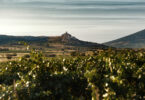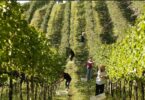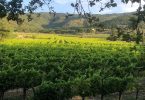The Wolf Post, supported by a Cultural Association, offers a professional service with free access, without subscription.
For this reason, a donation would also be a sign of appreciation for our work.
If in the second half of the nineteenth century European viticulture had to face the problem of phylloxera, today, and in the next few years, it will have to face a new obstacle: climate change. A global problem, which requires common policies on a global level.
To understand how the national wine sector is analyzing and evaluating the first important signs of climate change, we asked the winemaker Vincenzo Mercurio for an opinion who illustrates his experience.
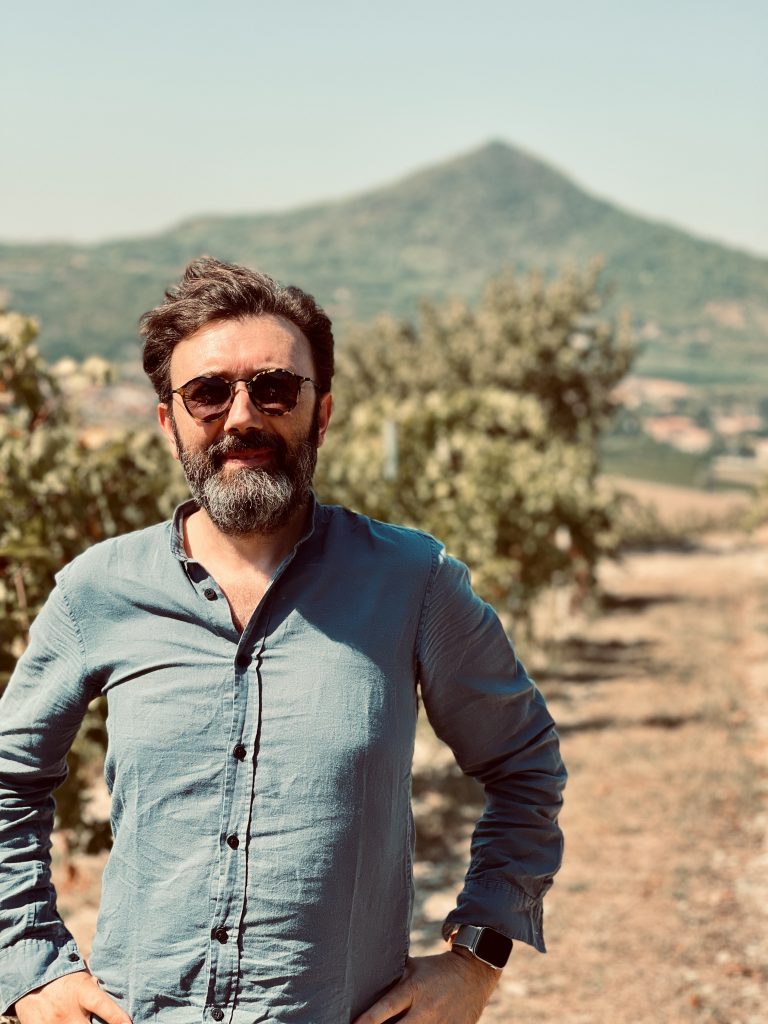
© Vincenzo Mercurio Enologo
Climate change has significantly altered important areas of our planet. According to your professional experience, are these changes already taking place in Italy too?
Climate change is a natural phenomenon, present on earth from the moment of its genesis, a phenomenon whose past traces are evident from a scientific point of view. To better understand what it really is, we simply need to examine it with the geological time scale and not with our human conception of time.
The Sahara Desert three million years ago was a lush, green tropical forest, and it may be back.
The signs of climate change are evident, even in Italy, albeit in a less dramatic way than in continental Europe, thanks to our geographical position.
This year, for example, on the national territory there were many climatic phenomena that contributed to a reduction in yields: strong heat, frosts, several hailstorms (on the rise) and drought.
Up to dramatic and intense rainfall climatic phenomena, very similar to those that occur in tropical areas, see Catania and all of eastern Sicily, between late October and early November 2021.
From the data in our possession there is a rise in the average temperature, evident, climate change is underway, there is no doubt.
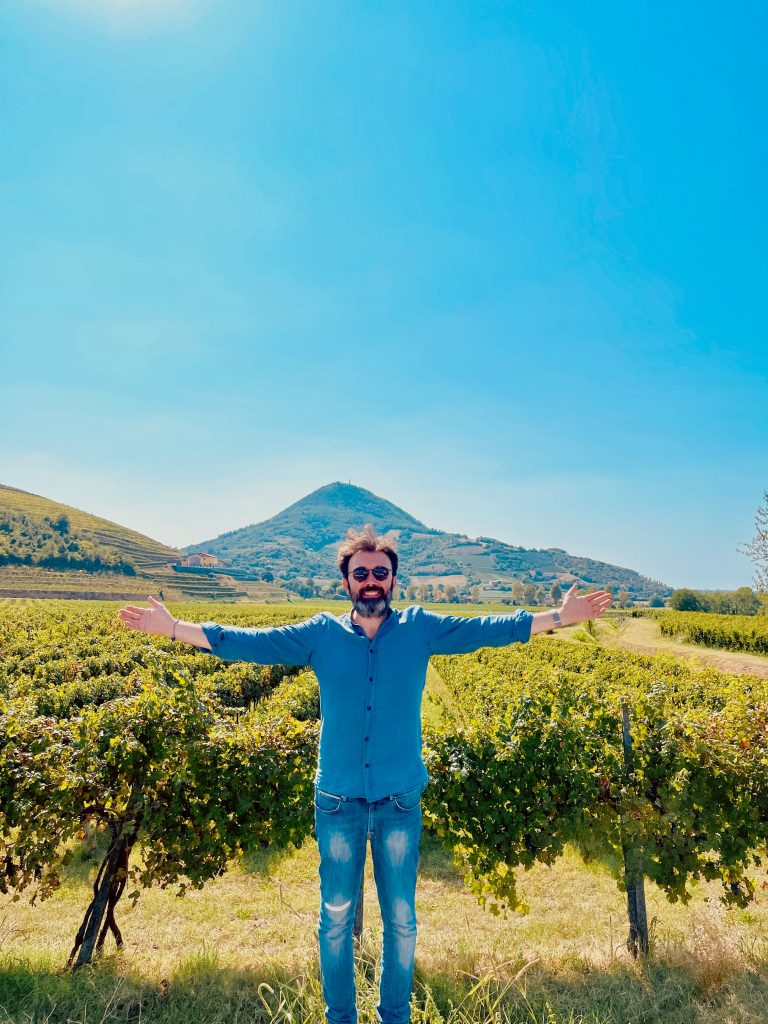
© Vincenzo Mercurio Enologo
Are there any measures, including preventive ones, that it is convenient to take to start compensating for these changes in the climate?
The greenhouse effect is changing the production conditions, and consequently the organoleptic characteristics of wines. More than individual interventions, I believe it is appropriate to think of a strategy to reduce what causes the problem upstream and to implement actions to mitigate their effect on the quality of our wines.
We must necessarily intervene on two scales, one macro and, therefore, everything we can do to reduce our impact on the climate in viticulture, in winemaking, in marketing and in our private life, then on a micro scale. Therefore, intervening through technology and agronomic knowledge to reduce the effect of change on the micro environment that affects the quality of our wines.
We can and must do everything possible to contain the carbon in the subsoil, its natural place of storage, increase the organic substance, favor reasoned working of the soil, carry out only mechanical and non-chemical weeding, increase biodiversity in our farms, calibrate the management of the canopy in a timely manner, choose rootstocks that are best suited to the decrease in water availability, create a capillary system for monitoring the vines in order to know the data and conditions of the microclimate.
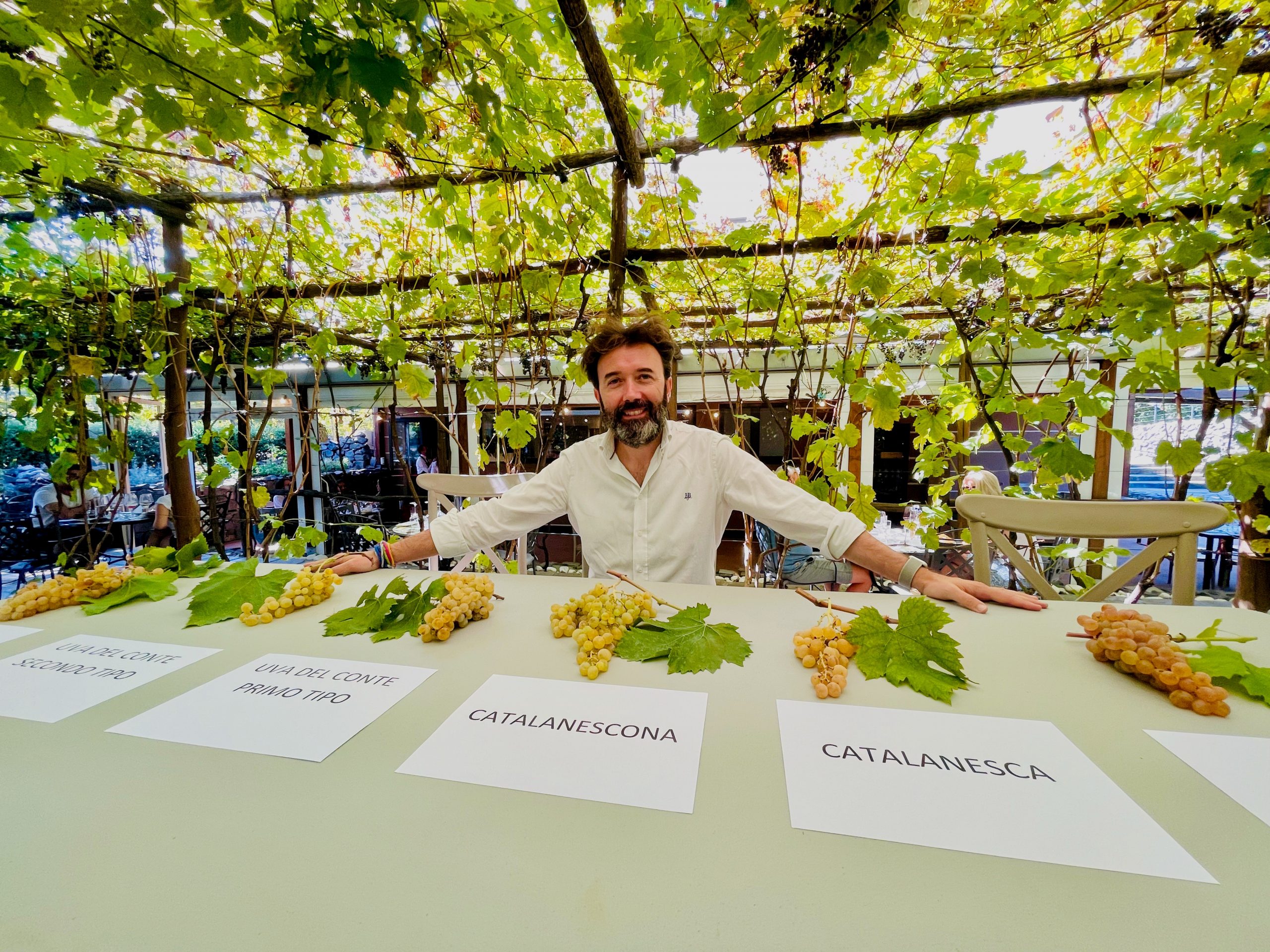
© Vincenzo Mercurio Enologo
In some countries of Northern Europe (Denmark and Sweden), albeit in minimal quantities, they have begun to produce wine. Studies speculate that in 50 years the climate of these countries will be at the level of Northern France. What do you think of these studies and, in his opinion, could they become the new frontiers of wine in Europe?
There are catastrophic forecasts according to which in 2100 we will have an estimated increase of between 2 and 5 degrees celsius. Denmark and Sweden could actually become areas where it will be possible to grow vines on important surfaces, currently they are negligible surfaces, we could define them as experimental. That it is possible to make excellent wine is not to be excluded.
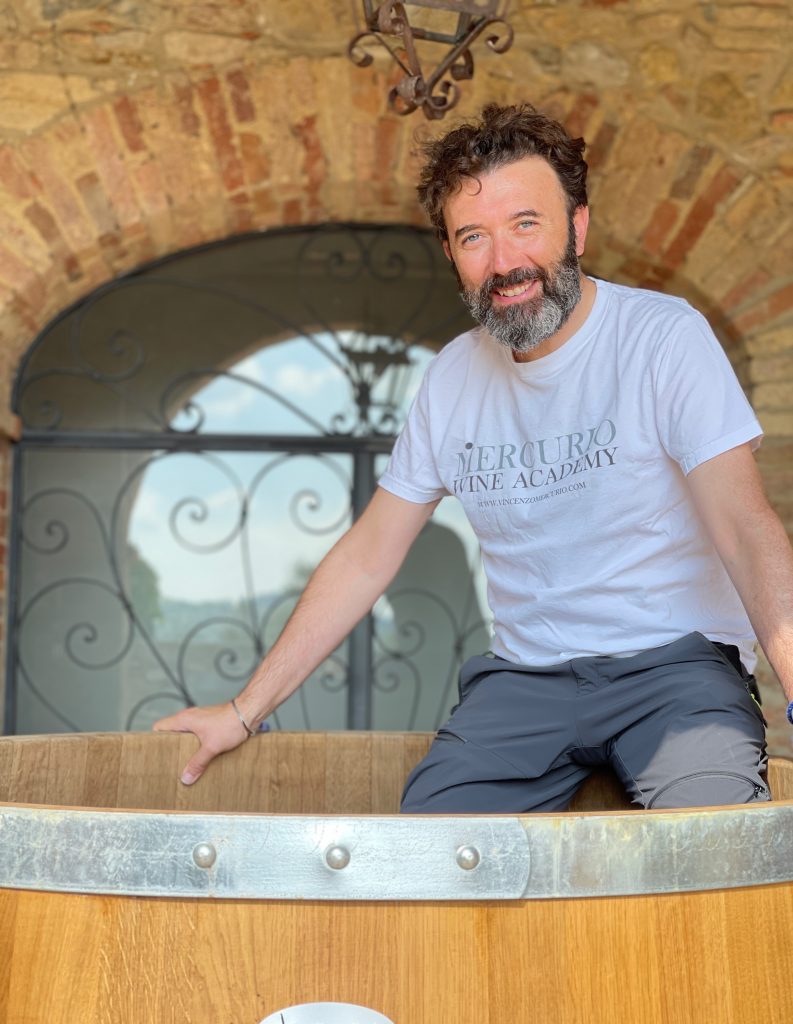
© Vincenzo Mercurio Enologo
As for the Italian situation, are you aware of the planning or construction of new plants at heights above sea level which were unthinkable until “yesterday”? How do you hypothesize this change and what will be the difficulties of this oenological “readjustment”?
I believe that Italy is more resilient, despite being affected by climate change, than other nations. The reasons are different, among them:
a) high biodiversity, each region has a large number of indigenous grape varieties that have acclimatized for millennia in a certain place where there are microclimates;
b) geography: thanks to the presence of the sea that surrounds all of Italy except for the Alps, we benefit from greater thermal stability. Furthermore, thanks to the constant presence of an Apennine mountain range, we mainly have hilly viticulture.
The current trend is to choose land where to plant at ever higher altitudes, with cooler exposure such as east, or even north/ east, as opposed to the classic south/west and to plant late ripening vines.
Thinking about the region in which I live, Campania, I bear witness to our territorial resilience, for example, we finished this harvest by harvesting extraordinary grapes in some vineyards in Montemarano in the province of Avellino. They have an eastern exposure, are located 750 meters above sea level and welcome an ancient native vine such as Aglianico which ripens late, just think that this year it was harvested on 11 November.
Our current state and our resources must absolutely not make us let our guard down, rather we must contribute by making all possible efforts to reduce the speed of change and bring our environment back into balance.
The management of the problem downstream, in our vineyards and in our cellars, must not distract us from the problem upstream: our footprint on the environment.




